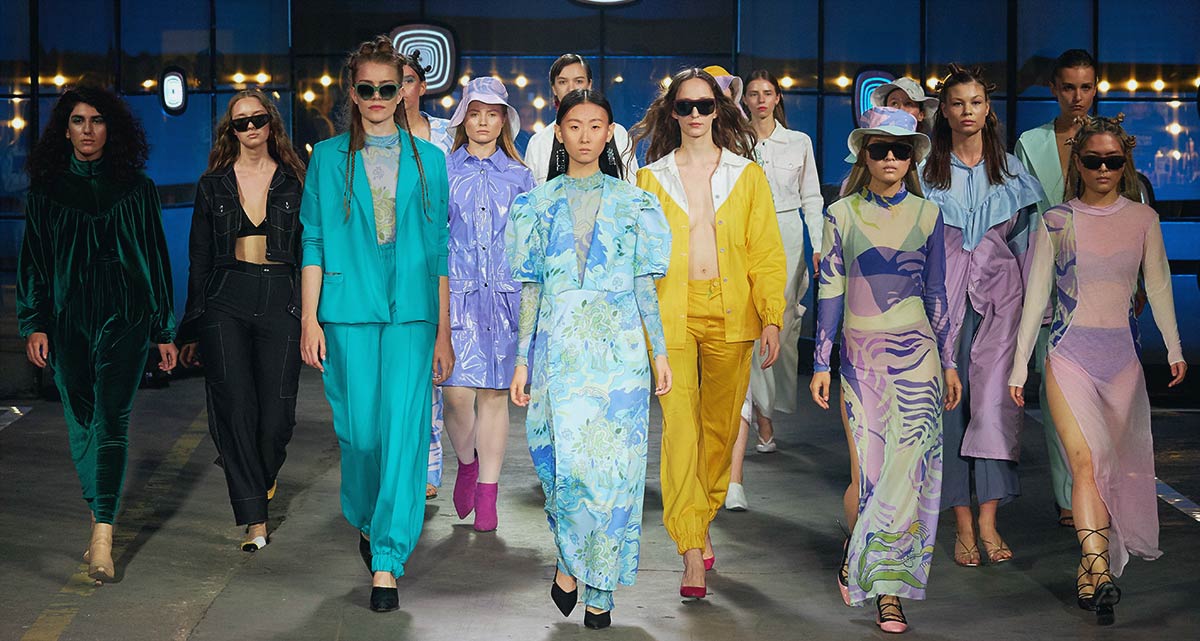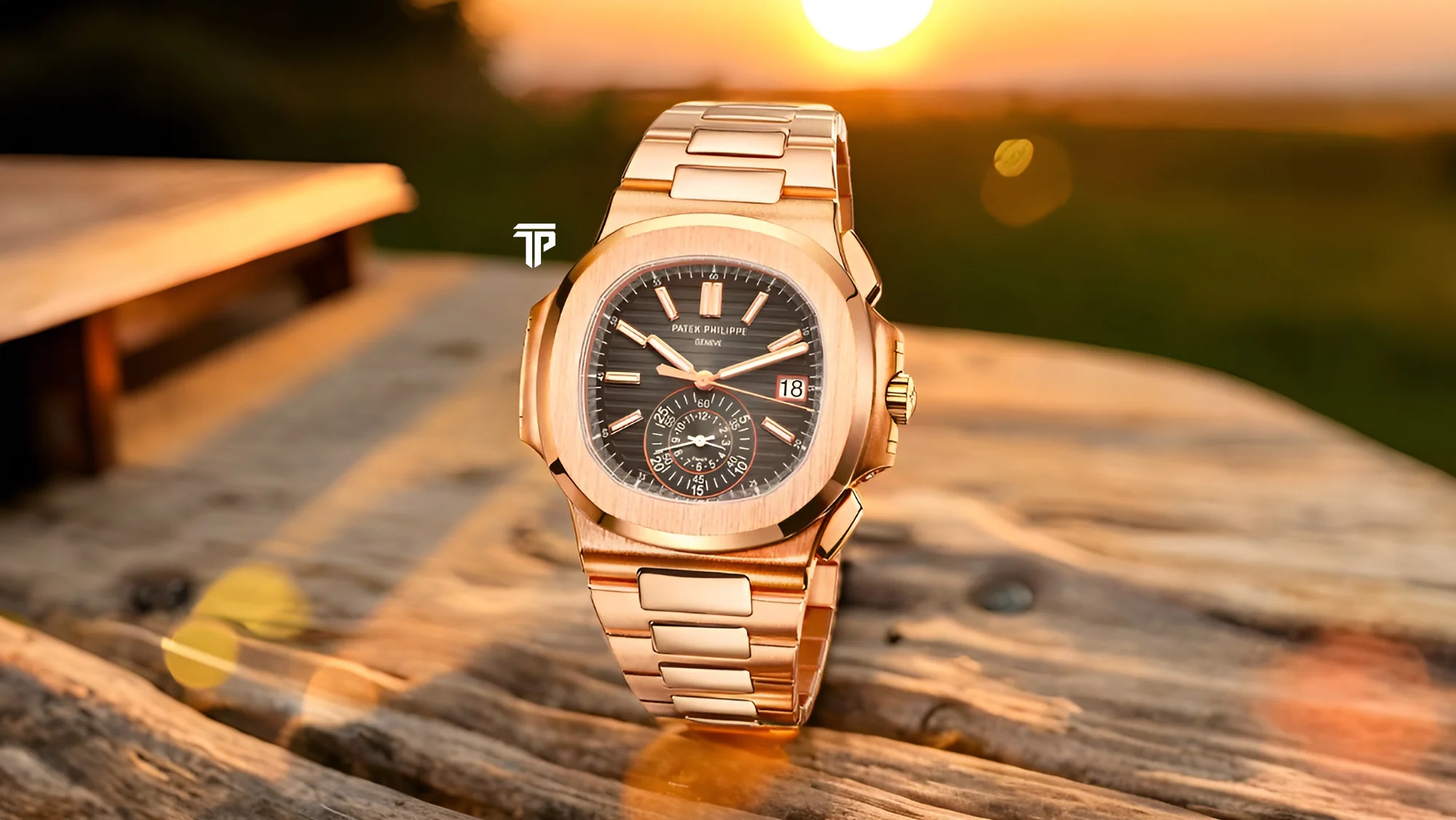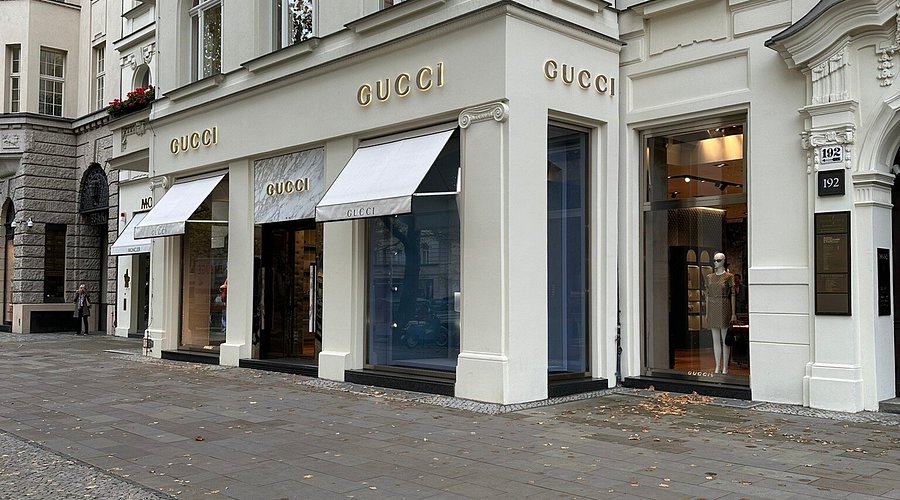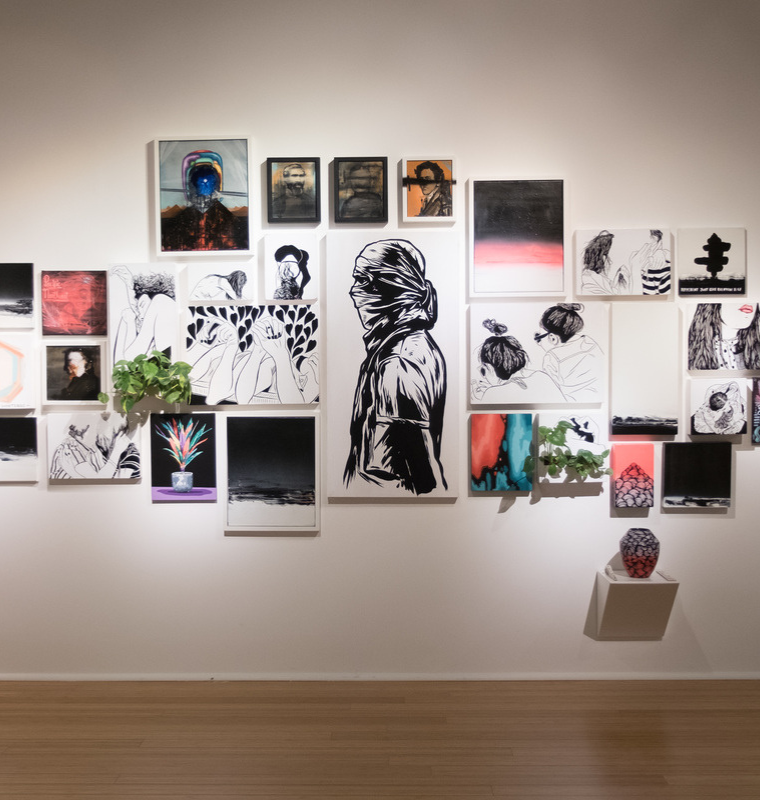The Quiet Rebellion of Billionaires Trading Glamour for Groundedness
By
Sophie Moore
Last updated:
October 17, 2025
First Published:
October 17, 2025

Photo: italafrica centrale
A Shift Beneath the Surface
There was a time when wealth was loud, bold, and unmissable. Private jets, superyachts, and golden watches were the language of success. Yet, a quiet rebellion is reshaping the highest circles of affluence. Billionaires who once chased glamour are now embracing groundedness, choosing simplicity over spectacle. Their rebellion is not about rejection but about redefinition—a conscious movement to rediscover authenticity in a world where everything can be bought.
The Exhaustion of Endless Opulence
The modern billionaire is not always searching for another mansion or luxury brand. Many have realized that constant indulgence can become a kind of noise, blurring personal clarity. The more they acquired, the less meaning those acquisitions carried. This fatigue of excess has led to a craving for balance and stillness. Some are downsizing their lifestyles not because of necessity but because peace has become the most coveted form of luxury.
The Desire for a Genuine Life
The ultra-wealthy are increasingly drawn to what feels real. They want relationships uncolored by financial motive, meals prepared with intention, and environments that feel human rather than hyper-curated. Groundedness offers them a return to normalcy, where joy comes from connection, not collection. Many find this authenticity more refreshing than any five-star experience.
From Social Display to Personal Alignment
The rebellion is also social. Once, glamour was a public statement of power; today, it risks appearing out of touch. As inequality becomes more visible, the rich are adopting a quieter aesthetic to align with a new cultural mood. Understated elegance, philanthropy, and sustainability have replaced showy luxury. What was once designed to impress now aims to express inner values.
The Rise of Mindful Wealth
Groundedness is not about austerity; it is about mindfulness. The new generation of billionaires is learning to spend with purpose, not impulse. Instead of collecting art for prestige, they support emerging artists to nurture creativity. Instead of throwing extravagant parties, they host intimate gatherings centered on meaningful conversations. Every choice is filtered through a sense of emotional intelligence and social awareness.
Retreats Over Red Carpets
This change is visible in how the elite spend their free time. Meditation retreats in Bhutan, silent sabbaticals in Tuscany, and ecological expeditions in remote islands are replacing film festivals and luxury galas. They are trading red carpets for barefoot mornings. Their vacations are no longer about luxury display but about mental restoration. For many, groundedness feels like freedom after decades of performance.
The Influence of the Next Generation
Younger heirs are driving much of this transformation. Raised in a digital world where authenticity holds more value than perfection, they prefer purpose to prestige. They wear sustainable fashion, eat organic food grown on family estates, and donate quietly rather than with press releases. Their rebellion against glamour is not accidental—it reflects a generational hunger for meaning in a world saturated with illusion.
Wealth in the Age of Reflection
The pandemic accelerated this awakening. Isolation forced many billionaires to sit still, to think, and to feel. In that silence, they discovered how fragile the glittering lifestyle could be. Some began focusing on health, spirituality, and community impact. They learned that wealth without well-being feels hollow. The experience created a lasting shift toward reflection and restraint.
A New Code of Prestige
Groundedness is quickly becoming its own form of status. Those who can live simply despite immense wealth project a quiet confidence that feels rare and desirable. The new symbols of prestige are humility, self-awareness, and calm. A billionaire who plants trees or lives in a minimalist home is not giving up luxury but rewriting its definition. True sophistication now lies in the power to choose less.
The Future of Quiet Power
The rebellion is not loud, but its influence is spreading. The world’s richest are proving that simplicity can carry more impact than any diamond or designer logo. Their groundedness signals maturity—a shift from external validation to inner peace. As glamour fades into background noise, a new kind of power emerges, one rooted in presence, not possession.
Subscribe to unlock premium content
Sed at tellus, pharetra lacus, aenean risus non nisl ultricies commodo diam aliquet arcu enim eu leo porttitor habitasse adipiscing porttitor varius ultricies facilisis viverra lacus neque.
A comprehensive guide on Agile development

10 Productivity tools that are worth checking out

Top 7 Must have management tools for productivity

A comprehensive guide on Agile development

10 Productivity tools that are worth checking out

A comprehensive guide on Agile development









